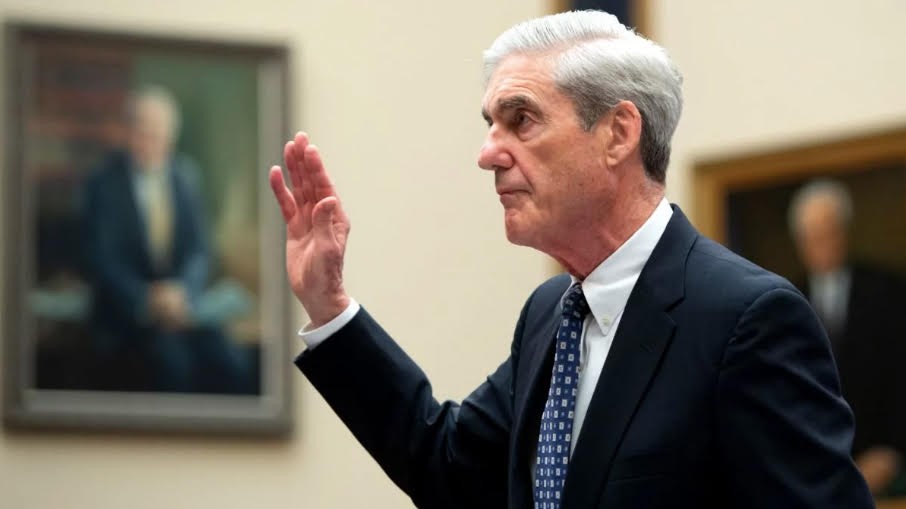Amid complaints about the theatrics (or lack thereof) in Robert Mueller’s testimony before Congress, we risk losing the main thread of the Special Counsel’s report: the well-documented attempt by the Russian government to sway the 2016 Presidential election.
In his opening statement, Mueller identified the major finding of his report, “the Russian government interfered in our election in sweeping and systematic fashion.” He concluded by noting, “over the course of my career, I’ve seen a number of challenges to our democracy. The Russian government’s effort to interfere in our election is among the most serious. As I said on May 29, this deserves the attention of every American.”
Unfortunately, far too much of the media commentary has overlooked this critical point, choosing instead to focus on Mueller's "halting" style and his failure to deliver a moment of high courtroom drama as on television’s “Law and Order.” Political science research tells us that the ways in which the media frames the news directly influences policymaking and popular opinion. These choices, therefore, are not simple editorial decisions. They matter enormously.
To be sure, Mueller gave the media little else to write about because he feared deviating in even the smallest way from the Special Counsel’s written report. His reticence allowed his questioners to grab the spotlight and shift attention to other issues.
Perhaps the high point of his testimony saw Mueller expressing his fears that electoral interference was becoming the “new normal” and that “[the Russians] expect to [interfere] during the next campaign.” As if to illustrate his point, yesterday the Senate blocked two bills designed to increase election security and to require reporting of influence attempts by foreign governments during electoral campaigns. If even these small steps are not politically tenable, then we can expect Russia, China, Iran and others to step up their efforts to influence our elections in 2020.

